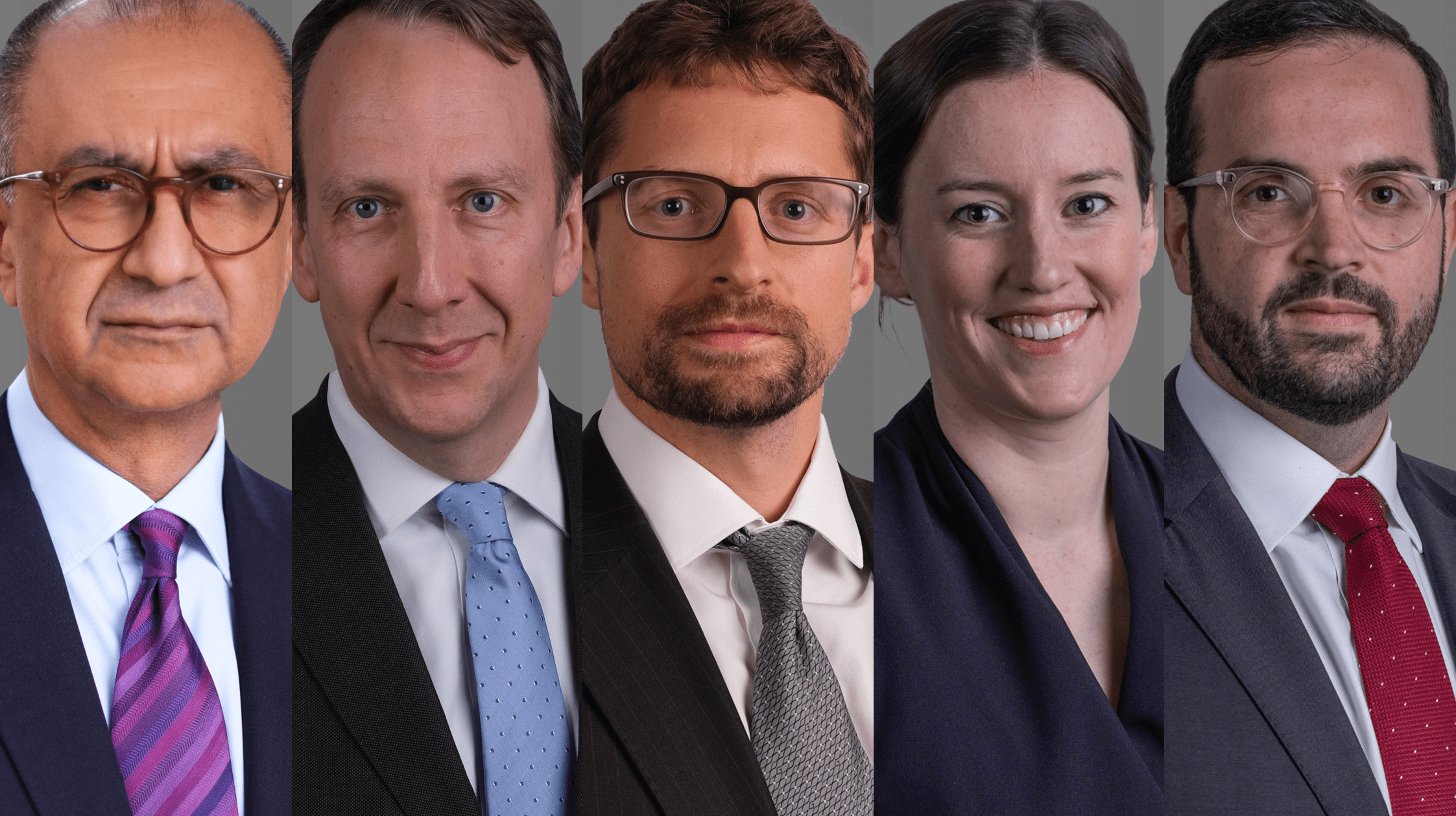
On 25 July 2023, the ADGM Court handed down judgment in NMC Healthcare LTD and associated companies v Dubai Islamic Bank PJSC & Others [2023] ADGMCFI 0017. The judgment can be found here.
Bankim Thanki KC, Henry King KC, Nico Leslie, Alexandra Whelan and Damien Bruneau, along with Felicity Toube KC and Matthew Abraham of South Square, acted for the successful claimants. They were instructed by Quinn Emanuel Urquhart & Sullivan UK LLP (Richard East and Karabeth Ovenden). DIB were represented by Ewan McQuater KC, David Quest KC, Andrew Rose, William Day and Katherine Boucher, instructed by Eversheds Sutherland International LLP.
This case was one of several to have arisen out of the administration of NMC Group, a UAE-based private healthcare group, following the discovery of a multi-billion-pound fraud within the business.
The claimants included certain NMC subsidiaries (referred to in the judgment as the “NGCs”) and the active defendant was Dubai Islamic Bank (DIB). The dispute arose out of competing claims regarding security arrangements over loans amounting to US$350 million extended by DIB in 2018. The case concerned two “Assignment of Receivables Agreements” (ARAs), which on their face were to be between an NMC Group holding company, NMCH, and DIB respectively.
In substance, this was primarily DIB’s claim for rectification or correction of the ARAs. DIB argued that the NGCs were intended to be parties to the ARAs and that those agreements should be corrected (or interpreted) so as to include the NGCs, notwithstanding the fact that the NGCs were not mentioned in the ARAs and nobody had purported to sign the ARAs on their behalf.
The ARAs were governed by UAE law and the relevant principles of interpretation and rectification/correction were in dispute. The NGCs argued that the UAE law rules of contractual interpretation prescribe a narrow approach, according to which it is impermissible to look beyond clear contractual wording, and that the UAE law of correction/rectification operates within tight confines. DIB argued for a more expansive interpretation of both doctrines.
Justice Sir Andrew Smith heard the trial over four weeks and held that the ARAs did not assign to DIB the rights or interests of any of the NGCs and held them to be void.
The court accepted the NGCs’ interpretation of the UAE Civil Code, found that the wording of the ARAs was clear and that, on their natural reading, the ARAs bound only the NMC Group holding company, not the NGCs. The court also found that DIB’s case would have failed on its own analysis of the principles of interpretation and rectification. DIB failed to establish “that the parties to the ARAs had a mutual intention that any subsidiaries, still less which subsidiaries, should be parties to them”. Moreover, the court was not persuaded “that, as a result of a mistake (or mistakes), the ARAs did not record an agreement reached between DIB and NMCH (or any other company in the NMC Group).”
DIB also pursued a rectification claim under ADGM law, which is substantively the same as the English law of rectification. The court found that, even under ADGM law, a rectification claim would have failed.
The judgment is notable because it appears to be the first common law decision explicitly to determine the issue of whether a claim for rectification is governed by the law of the forum rather than the law of the contract. The Court held that correction or rectification of a contract must be considered to be an aspect of interpretation of the contract and the law of the contract therefore applies to a claim for rectification or correction.







